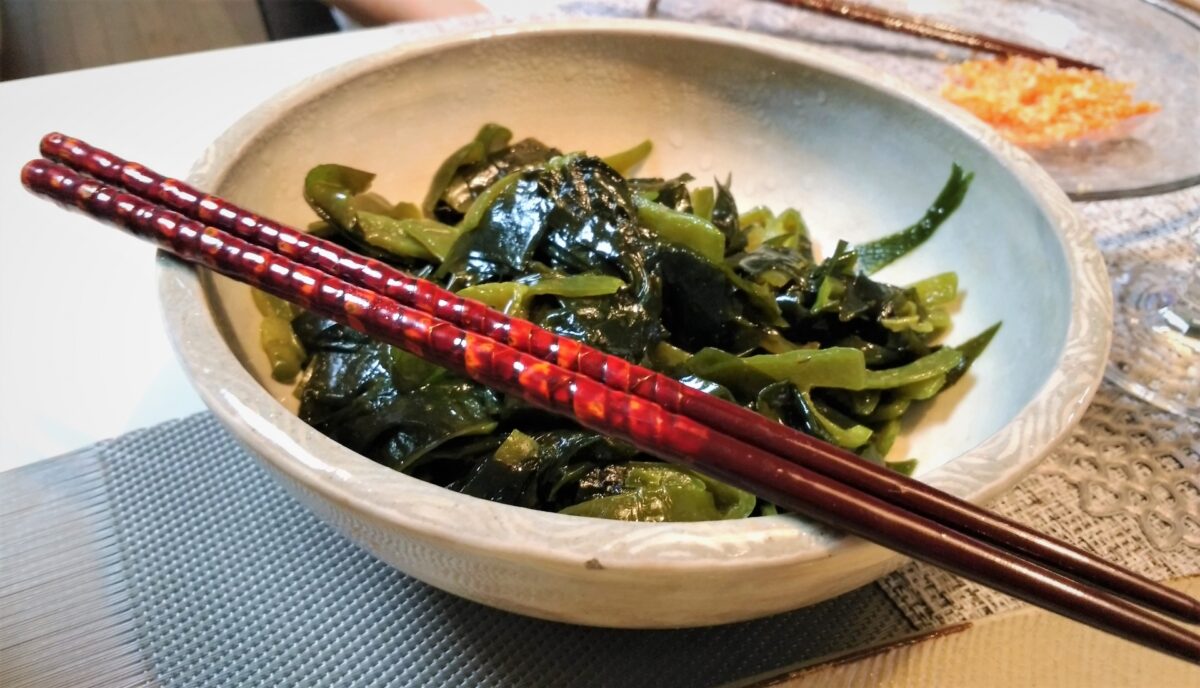Many skin problems, such as sunburn and dryness due to ultraviolet rays, and acne due to excessive secretion of sebum, tend to occur in summer. In such a case, I would like to take care of my daily diet, eat a lot of foods that are good for the skin, and take care of my skin from the inside. We will see the benefits of eating seaweed here.
Low-calorie and skin-friendly “seaweed.”
When it comes to foods that are good for the skin, many people think of citrus fruits rich in vitamin C. Still, seaweed, which Japanese people eat casually daily, is also a food that improves the skin’s condition. Seaweed is low in calories, so even people on a diet can safely eat it. In addition, you can expect a beautiful skin effect. It is just what we want to take into our daily diet.
What are “alginic acid” and “fucoidan” contained in seaweed?
As other benefits of eating seaweed, it contains ingredients such as vitamins and minerals that help maintain skin health.
In addition, attention is also increasing to ingredients such as “alginic acid,” which has the effect of lowering blood pressure, and “fucoidan,” which activates natural killer cells (NK cells).
Alginic acid is a natural dietary fiber, a component of the stickiness peculiar to seaweed. Alginic acid is good at moisturizing the skin, and people say that it leads to trouble-free skin by protecting it from dryness and the skin from friction.
In addition, you can expect alginic acid to bind with salt (sodium) in the body and excrete it outside the body. You can also expect it to slow the absorption of sugar. It supports people concerned about lifestyle-related diseases.
Fucoidan has an antioxidant effect and is said to prevent oxidation of the body and prevent aging of the skin.


